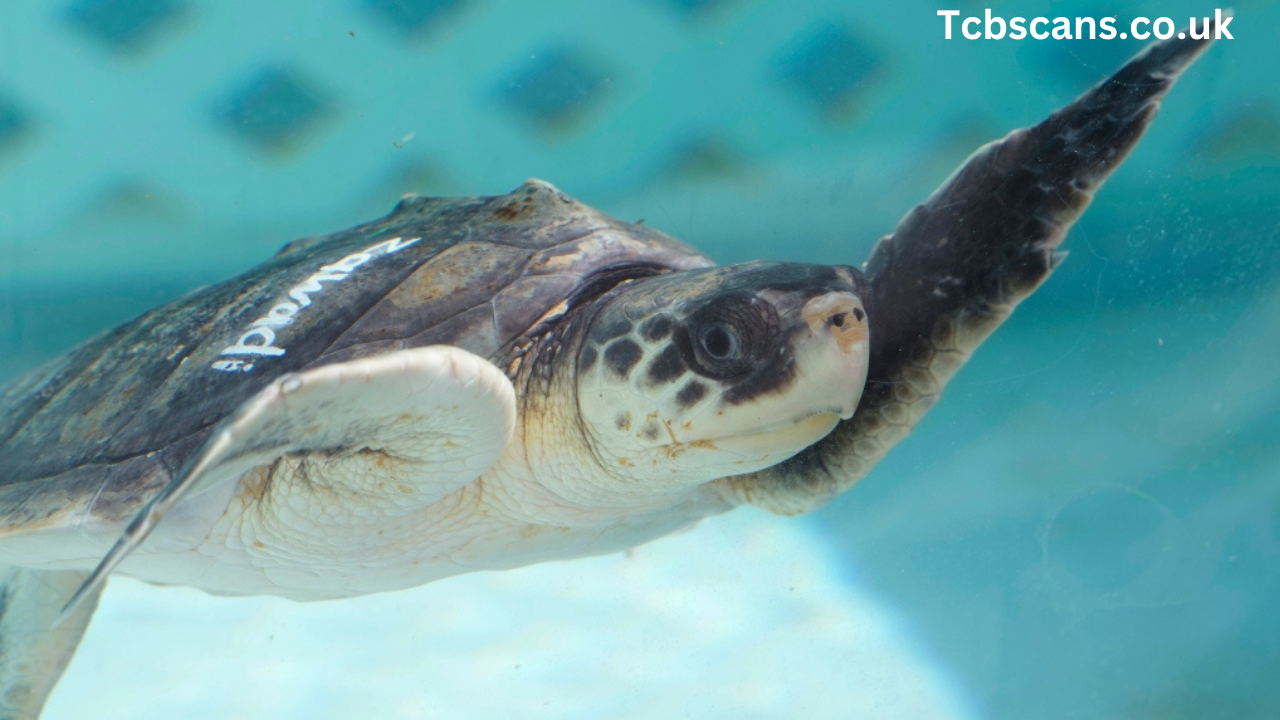Zanzibar, a stunning archipelago off the coast of Tanzania, is known for its crystal-clear waters, white sandy beaches, and vibrant marine life. Among its marine treasures are the magnificent sea turtles, which are symbols of resilience and an integral part of the ocean ecosystem. This article explores the world of Zanzibar’s sea turtles, their importance, and how they captivate visitors while highlighting ongoing conservation efforts.
Species of Sea Turtles Found in Zanzibar
Zanzibar is home to two primary species of sea turtles:
- Green Sea Turtle (Chelonia mydas): Known for its large size and herbivorous diet, green sea turtles play a vital role in maintaining healthy seagrass beds. These gentle giants are often spotted grazing in the shallow waters of Zanzibar.
- Hawksbill Turtle (Eretmochelys imbricata): Smaller but equally fascinating, hawksbill turtles are recognized for their beautifully patterned shells. They primarily feed on sponges, helping to maintain coral reef ecosystems.
Best Spots to See Sea Turtles in Zanzibar
Zanzibar offers several incredible locations for observing sea turtles:
- Nungwi Natural Aquarium: This sanctuary rehabilitates injured and rescued turtles before returning them to the wild. Visitors can learn about conservation efforts while getting a chance to interact with the turtles.
- Mnemba Atoll: A world-class snorkeling and diving site, Mnemba Atoll provides opportunities to encounter sea turtles in their natural habitat. The clear waters offer an unforgettable underwater experience.
- Other Locations: Paje, Kendwa, and Matemwe are additional hotspots where snorkelers and divers often see turtles.
The Role of Sea Turtles in Zanzibar’s Ecosystem
Sea turtles are vital to the health of Zanzibar’s marine ecosystems:
- Seagrass Maintenance: Green sea turtles graze on seagrass, keeping it short and healthy, which supports marine life and prevents coastal erosion.
- Coral Reef Health: Hawksbill turtles control sponge populations, ensuring coral reefs remain balanced and thriving.
Their presence benefits biodiversity and sustains local fisheries, which are crucial for Zanzibar’s economy.
Conservation Efforts in Zanzibar
Zanzibar’s sea turtles face numerous threats, including poaching, habitat destruction, and climate change. However, several initiatives are working to protect these creatures:
- Community Programs: Local communities collaborate with organizations to protect nesting sites and raise awareness about sea turtle conservation.
- NGOs and Eco-Tourism: Groups like the Marine Turtle Conservation Program promote sustainable tourism and provide resources for rescue and rehabilitation.
Despite these efforts, challenges such as plastic pollution and illegal fishing persist, highlighting the need for continued advocacy.
Ethical Tourism Tips for Interacting with Sea Turtles
If you’re visiting Zanzibar and wish to see sea turtles, follow these guidelines to ensure a positive impact:
- Avoid Direct Contact: Observe turtles from a distance and avoid touching or feeding them.
- Respect Nesting Areas: Steer clear of nesting beaches, especially during the breeding season.
- Support Ethical Attractions: Visit sanctuaries and programs dedicated to conservation rather than exploitative ventures.
By practicing responsible tourism, you help protect Zanzibar’s sea turtles for future generations.
Fascinating Facts About Zanzibar’s Sea Turtles
- Lifecycle: Female sea turtles return to the same beaches where they were born to lay their eggs, a journey often spanning thousands of kilometers.
- Nesting Habits: A single turtle can lay up to 200 eggs per nest, but only a few hatchlings survive to adulthood.
- Cultural Significance: In Swahili culture, turtles are symbols of wisdom and longevity, reflecting their importance in local traditions.
Conclusion
Zanzibar’s sea turtles are not just marine marvels but also vital contributors to the health of the ocean. Through conservation efforts and ethical tourism, we can ensure their survival while enjoying their beauty responsibly. Visiting Zanzibar provides a unique opportunity to connect with these incredible creatures and support initiatives that protect them.
Let’s work together to safeguard the future of Zanzibar’s sea turtles and their enchanting marine world.
